Follow Us @
foods allowed in the ketogenic diet
Here is the list of foods allowed for the ketogenic diet. If you consume only the permitted foods, it will be easy to not exceed the recommended 20g of carbohydrate per day.Don’t limit your intake of green vegetables. Your body needs the fiber and nutrients, especially the potassium, which they contain.
Meats:
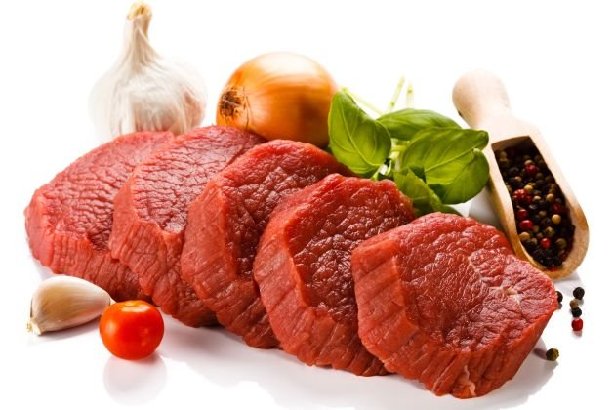
0 g of carbohydrate
foods allowed in the ketogenic diet
Always buy grass-fed meat that is hormone-free and antibiotic-free. Pick up your meat directly from the farm. Grass-fed farmed meat has a better omega-3 / omega-6 ratio, meat too rich in omega-6 will cause inflammation. You can eat the fat and the skin without remorse. (Why should we choose grass-fed meat?)
- Lamb
- Bacon ( Choose bacon that is nitrite-free and contains no carbohydrates.)
- Beef
- Duck
- Turkey
- Chicken
- Pork
- Sausages ( Must contain meat and spices only. Make sure they are free of sugar and gluten.)
All meats are allowed if they do not contain sugar or chemicals
Fish and seafood :
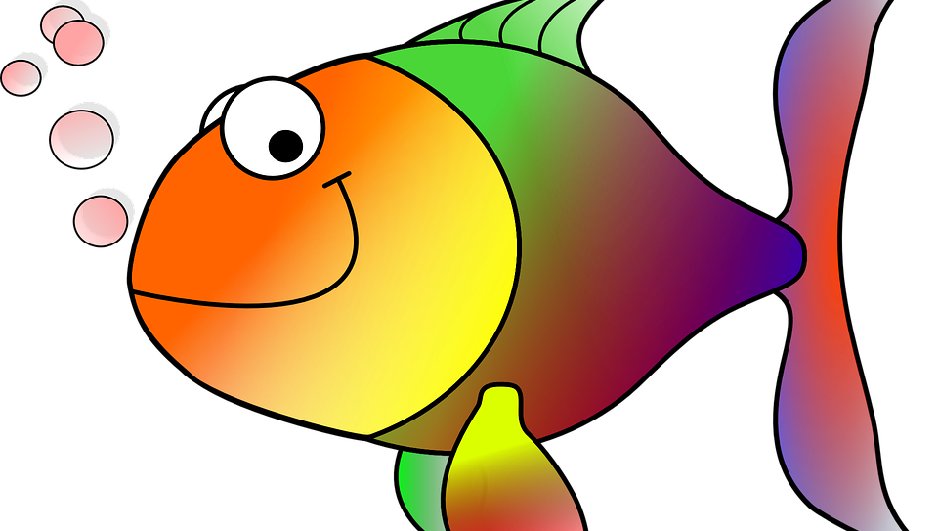
Choose wild- caught fish and seafood . Avoid farmed fish and seafood, they contain too much omega-6 (source of inflammation).
All fish and seafood are permitted.
g carbohydrate / cup
- Crab 0 g
- Shrimps 0 g
- Snail 6 g
- Sole fillet 0 g
- Lobster 2 g
- Mussels 6 g
- Sardine 0 g
- Salmon 0 g
- Tuna 0 g
- Trout 0 g
Eggs:
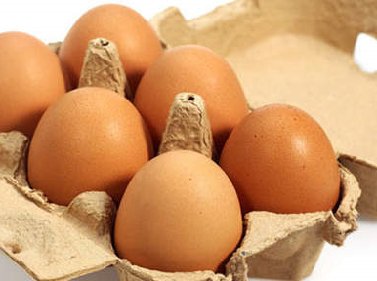
1 g of carbohydrate
Prefer œ eggs from organic chickens. Excellent for breakfast, lunch or dinner.
Fat:

0 g of carbohydrate
- Butter
- Coconut cream
- Ghee (clarified butter)
- Animal fat
- Duck fat
- Avocado oil
- Coconut oil
- Extra virgin olive oil
- Macadamia nut oil
- Mayonnaise ( Homemade or make sure it contains permitted oils).
Dairy products:
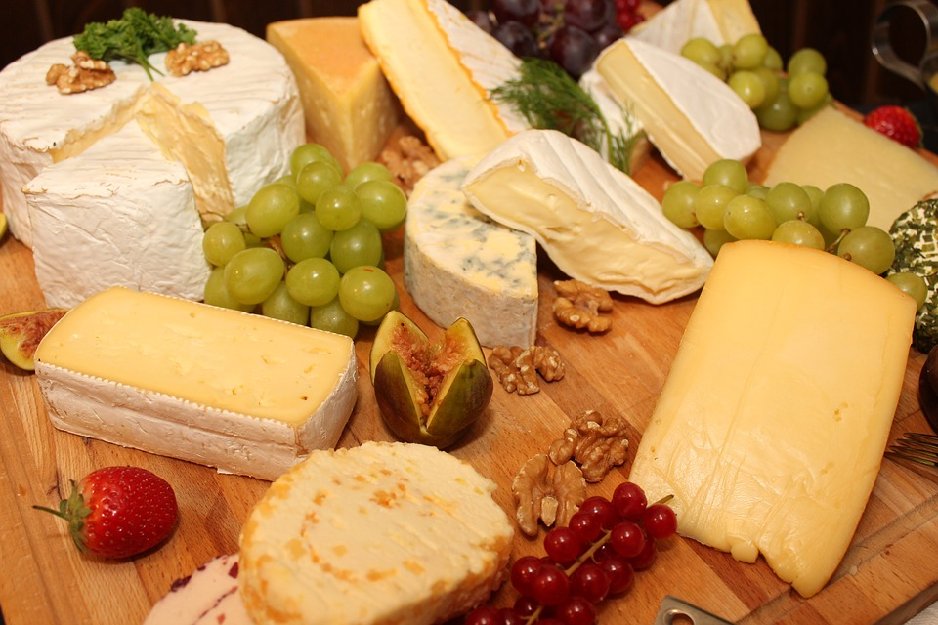
Always choose fatty dairy products. g carbohydrate / cup
- Butter 0 g
- 35% cream 7 g
- Feta 6 g
- Cream cheese 9 g
- Ghee (clarified butter) 0 g
- Plain Greek yogurt 11 g
- All high fat cheeses are allowed.
Plant milks:
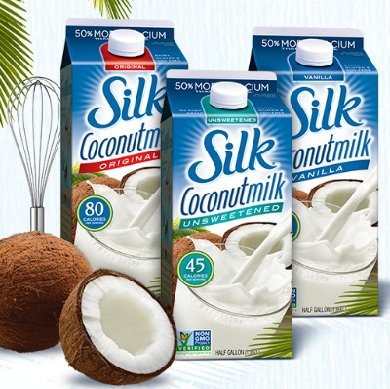
g carbohydrate / cup
- Unsweetened almonds 2 g
- unsweetened coconut 1 g
- unsweetened cashew milk 1 g
Vegetables:
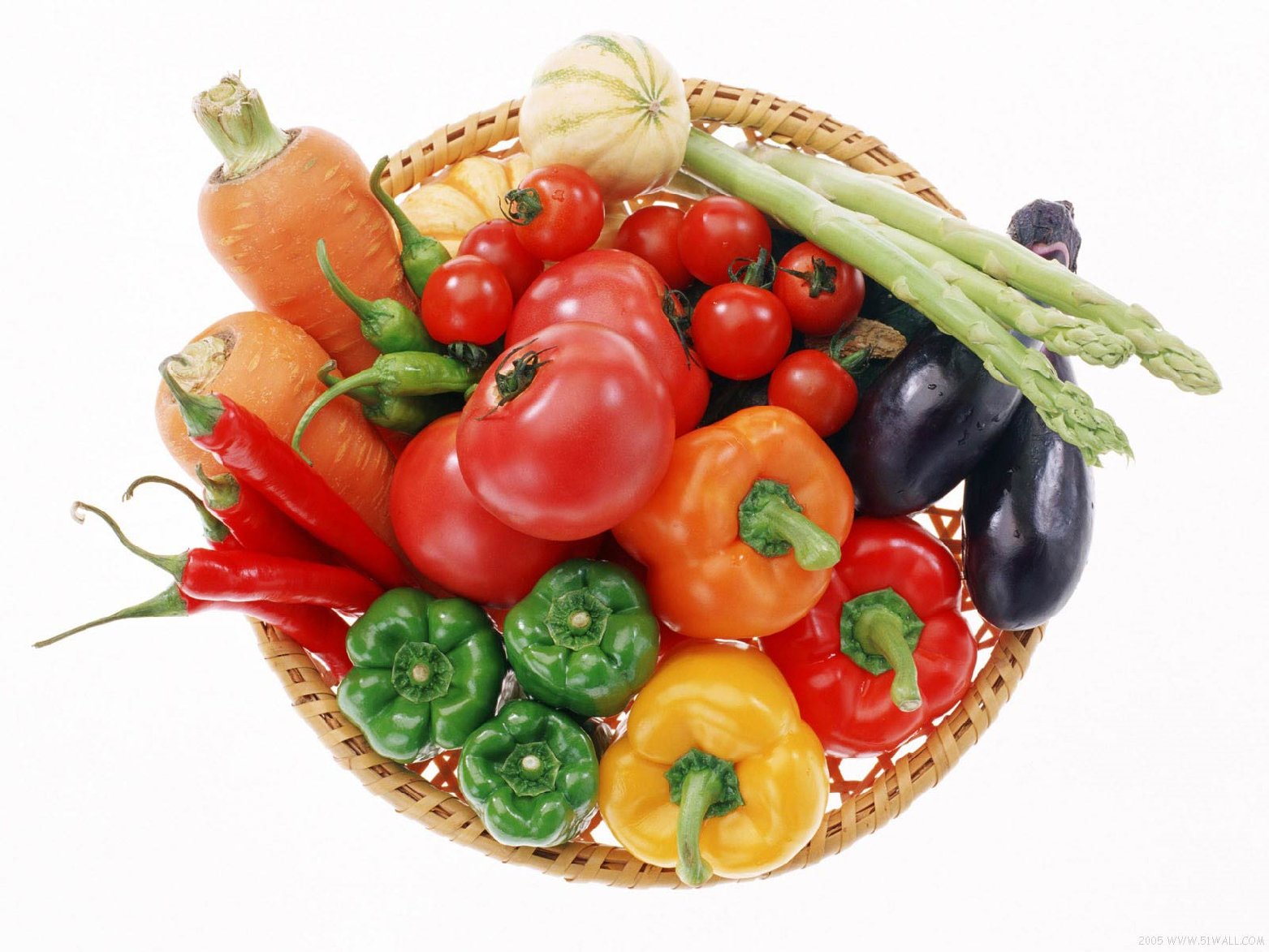
No potato, sweet potato, and some squash, …
g carbohydrate / cup
- Asparagus 2 g
- Eggplant 2 g
- Avocado 3 g
- Broccoli 4 g
- Celery 1 g
- Mushrooms 2 g
- Cabbage 3 g
- Brussels sprouts 5 g
- Cauliflower 3 g
- Kale (kale) 5 g
- Cucumber 2 g
- Zucchini 3 g
- Spaghetti squash 8 g
- Spinach 0 g
- Green beans 4 g
- Lettuce 1 g
- Olives 4 g
- Onions 7 g
- Peppers 6 g
- Snow peas 3 g
- Radish 2 g
- Tomato 5 g
Fruits:

g carbohydrate / cup
- Blueberries 18 g
- Lemon / Lime 20 g
- Strawberries 9 g
- Raspberries 7 g
- Blackberries 6 g
- Coconut 5 g
Sugars:

g carbohydrate / cup
- Erythritol 0 g
- Stevia 1 g
- Swerve 0 g
Nuts :

g carbohydrate / cup
- Almonds 13 g
- Almond butter 24 g
- Hazelnut 9 g
- Walnuts 8 g
- Macadamia nuts 6 g
- Brazil nuts 6 g
- Pecans 4 g
Seeds:
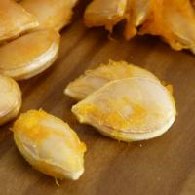
g carbohydrate / cup
- Hemp 0 g
- Chia 14 g
- Pumpkin 6 g
- Linen 3 g
- Sesame 12 g
- Sunflower 12 g
Flours and powders:
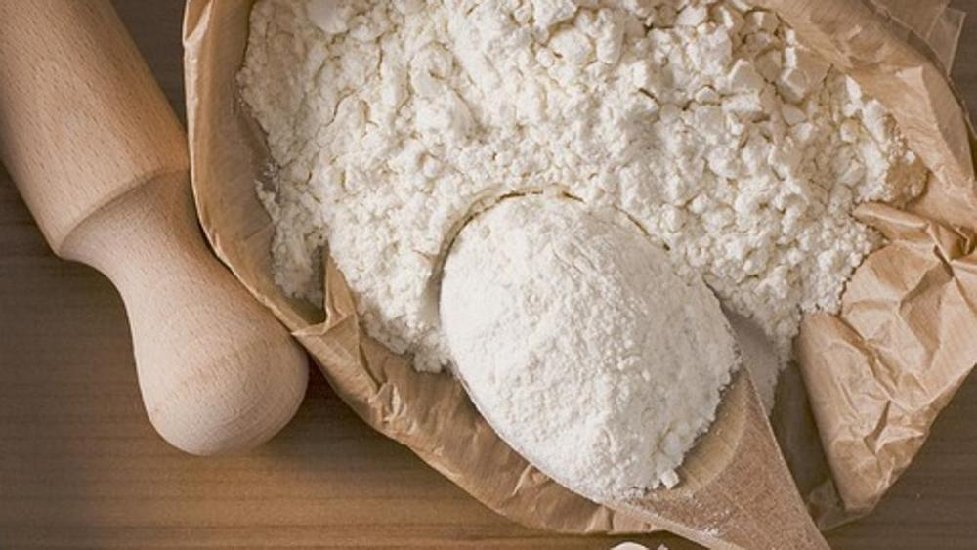
g carbohydrate / cup
- almonds 24 g
- coconut 36 g
- All nut flours
- Cocoa powder 0 g
- Psyllium powder 0 g
Beverages:
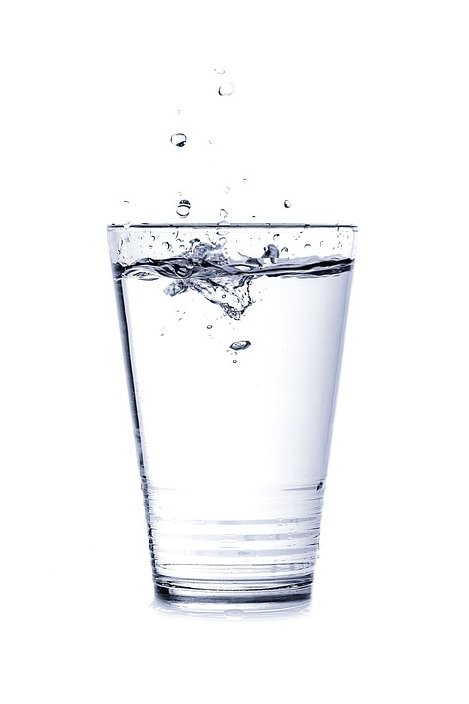
0 g of carbohydrate
- Teas and herbal teas
- Coffee with cream or butter, no milk
- Mineral water (Perrier)
- Water
- Carbonated water (Pure Life)
To be consumed only occasionally and in moderation:
ALCOHOL:

0 g of carbohydrate Alcohol blocks keto-adaptation and fat burning.
- Brandy
- Dry red wine (2g of carbohydrate per liter)
- Dry white wine (2g of carbohydrate per liter)
- Rum
- Tequila
- Vodka
- Whiskey
Sweets:

g carbohydrate / cup
- Dark chocolate 70% or more 69 g
Nuts :
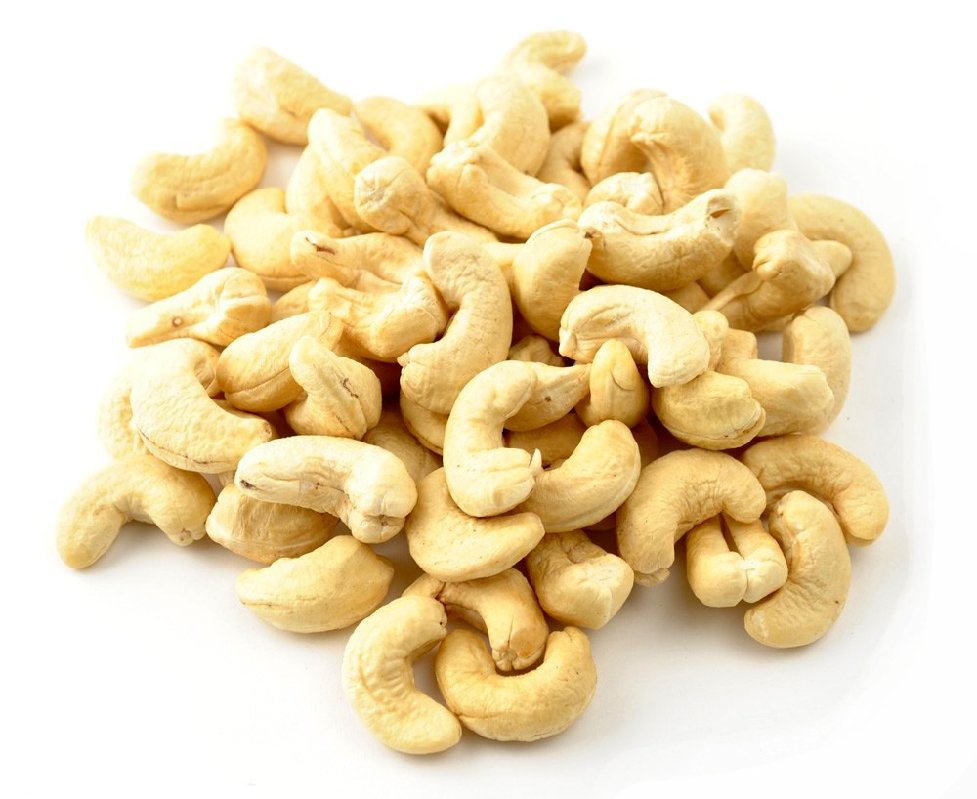
g carbohydrate / cup
- Cashews (Cashew) 35 g
- Peanuts 9 g (rich in omega-6, source of ignition)
- Peanut butter 35 g (rich in omega-6, source of inflammation)
- Pistachios 21 g
MORE@AFRILATEST foods allowed in the ketogenic diet
JOIN US ON FACEBOOK foods allowed in the ketogenic diet
-

 Fashion3 months ago
Fashion3 months agoVogue Arabia cover welcomes Salma Hayek in an interview with Penélope Cruz
-

 Football3 months ago
Football3 months agoVAR points out Diego Costa's offense against the fourth referee
-

 USA today entertainment3 months ago
USA today entertainment3 months agoBeyonce with the single “Break My Soul” leads on Spotify Brazil
-

 Health and Fitness3 months ago
Health and Fitness3 months agoVaccine against the reappearance of skin cancer enters final testing phase
-

 USA today entertainment3 months ago
USA today entertainment3 months agoSZA, Future and DJ Khaled come together in collaboration
-

 News3 months ago
News3 months agoParents of former player Waleswska are pressured by widower to pay rent for the house where they live
-

 USA today entertainment3 months ago
USA today entertainment3 months agoLarissa Luz and Linn da Quebrada enchant at the Multishow Awards with a tribute to Elza Soares.
-

 Good News TV series3 months ago
Good News TV series3 months agoThe shocking reason behind the decision not to show dead characters in The Last Of Us episode revealed


































